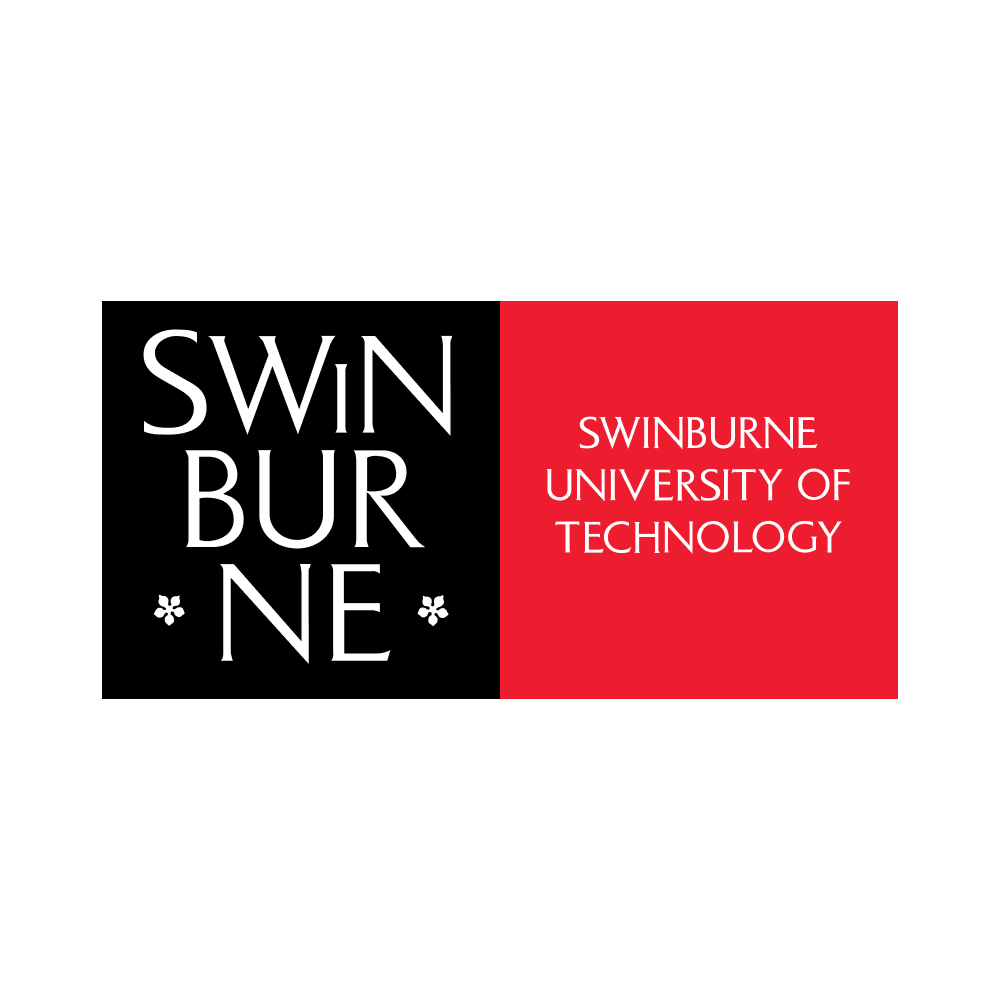Swinburne University of Technology
Graduate Certificate of Social Impact
- Delivery: Face to Face
- Study Level: Postgraduate
- Duration: 12 months
- Course Type: Graduate Certificate
Learn the skills required to lead people effectively in a changing social economy and develop innovative responses to complex social and business problems.

Course overview
The Graduate Certificate of Social Impact is designed for professionals looking for career advancement in the philanthropy, not-for-profit, social enterprise, social innovation and entrepreneurship sector. Learn the skills required to lead people effectively in a changing social economy and develop innovative responses to complex social and business problems. Upon graduating, students can seek jobs within the commercial and public sectors.
This course provides core capabilities required to lead people effectively in a changing social economy and business environment and to develop innovative responses to complex social and business problems. The course allows articulation into the Master of Social Impact.
Key facts
What you will study
To qualify for the award of Graduate Certificate of Social Impact, students must complete 50 credit points comprising four core units of study.
- Corporate Responsibility and Accountability
- Social Impact: Entrepreneurs and Social Innovation
- Social Investment and Philanthropy
- Evaluation and Impact Measurement
Entry requirements
To gain entry to the Graduate Certificate of Social Impact, you will need one of the following:
- A recognised bachelor's degree in any discipline, plus a minimum of three years of equivalent full-time relevant professional experience.
- A minimum of five years of equivalent full-time relevant professional experience.
Relevant professional/managerial experience and evidence of academic capability will be determined by the Faculty PVC (or delegate) with reference to faculty-determined guiding principles. Applicants must submit a curriculum vitae (CV) with their application.
Documents substantiating relevant experience are required, clearly detailing roles and duration, as well as evidence of formal and non-formal learning. Where relevant experience is used for the basis of admission, no further recognition for prior learning/credit can be granted on that basis.
English language requirements
All Swinburne students must be able to meet the English language requirements. You’ll be able to provide evidence of your English language skills if you have one of the following:
- Completed the Victorian Certificate of Education (VCE) or another type of secondary qualification taught in English.
- Completed some types of university or vocational education studies (tertiary studies).
- Completed English language tests, such as TOEFL, IELTS, Pearson or C1.
- Completed an English language (ELICOS) course.
- Lived and worked in an English-speaking country for at least four years (domestic applicants only).
These requirements vary for prospective undergraduate and postgraduate students, depending on your chosen course.
Recognition of Prior Learning
If you have gained extensive and relevant knowledge through formal training or acquired relevant skills through work or through life experience, you may be eligible for recognition of prior learning (RPL).
Contact the university or visit their website for more information.
Outcomes
Learning outcomes
At completion of the Graduate Certificate of Social Impact, graduates will be able to:
- Apply coherent and advanced knowledge of social impact in diverse contexts and applications using critical thinking.
- Apply problem-solving, design and decision-making methodologies to identify and provide innovative solutions to complex problems with intellectual independence.
- Communicate proficiently in professional practice to a variety of audiences, function as an effective member or leader of a diverse team and use basic tools and practices of social impact within project work.
- Demonstrate professionalism, integrity, ethical conduct, accountability, respect and an awareness of professional practices and cultural practices and cultural norms in a global and sustainable context.
Career outcomes
Students can enhance their career opportunities by gaining additional leadership and management skills – an important asset in today’s complex and changing business environment. The examples below demonstrate the types of roles graduates can attain.
- Social impact
- Social innovation
- Social investment
- Social entrepreneurship
Fees and FEE-HELP
Estimated yearly and total fee in 2026: $20,190 (domestic full-fee paying place)
The student tuition fees as published are subject to change based on individual circumstances at the time of enrolment. These fees apply to units studied in 2026 only and may change for units studied in future years. If part-time study is permitted, annual fees will be proportionally lower based on the number of units taken per semester.
Student fees may vary in accordance with:
- The number of units studied per term.
- The choice of major or specialisation.
- Choice of units.
- Credit from previous study or work experience.
- Eligibility for government-funded loans.
You may also need to pay the student services and amenities fee.
Student fees shown are subject to change. Contact the university directly to confirm.
FEE-HELP loans are available to assist eligible full-fee paying domestic students with the cost of a university course.








